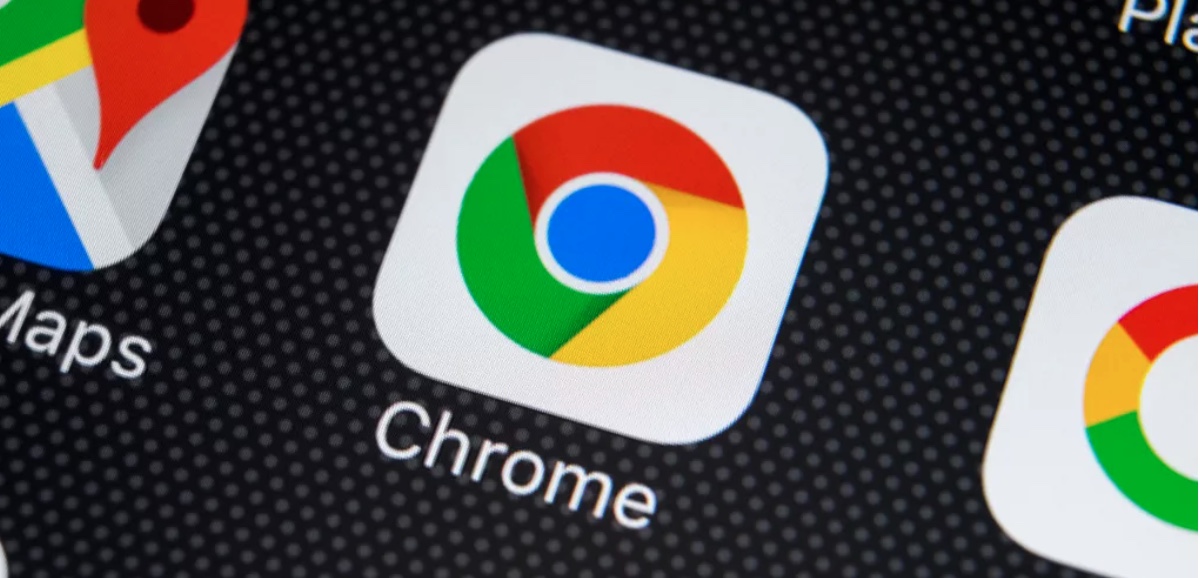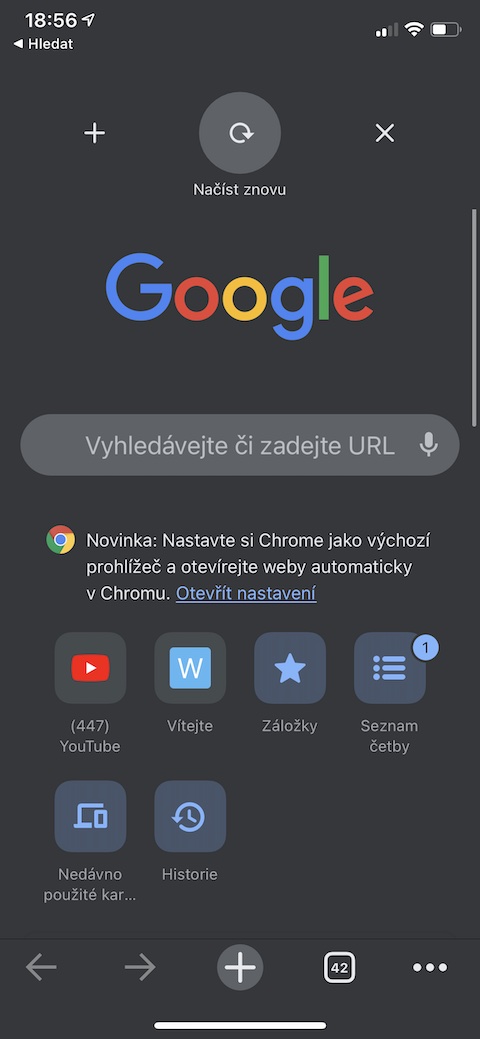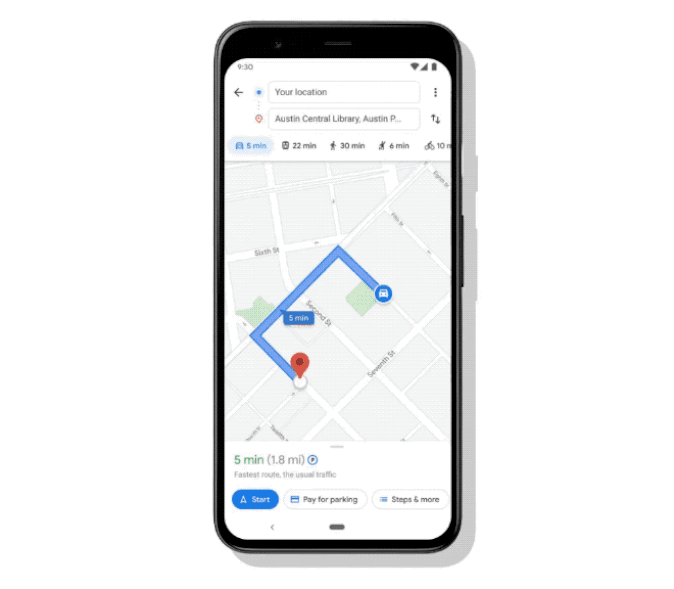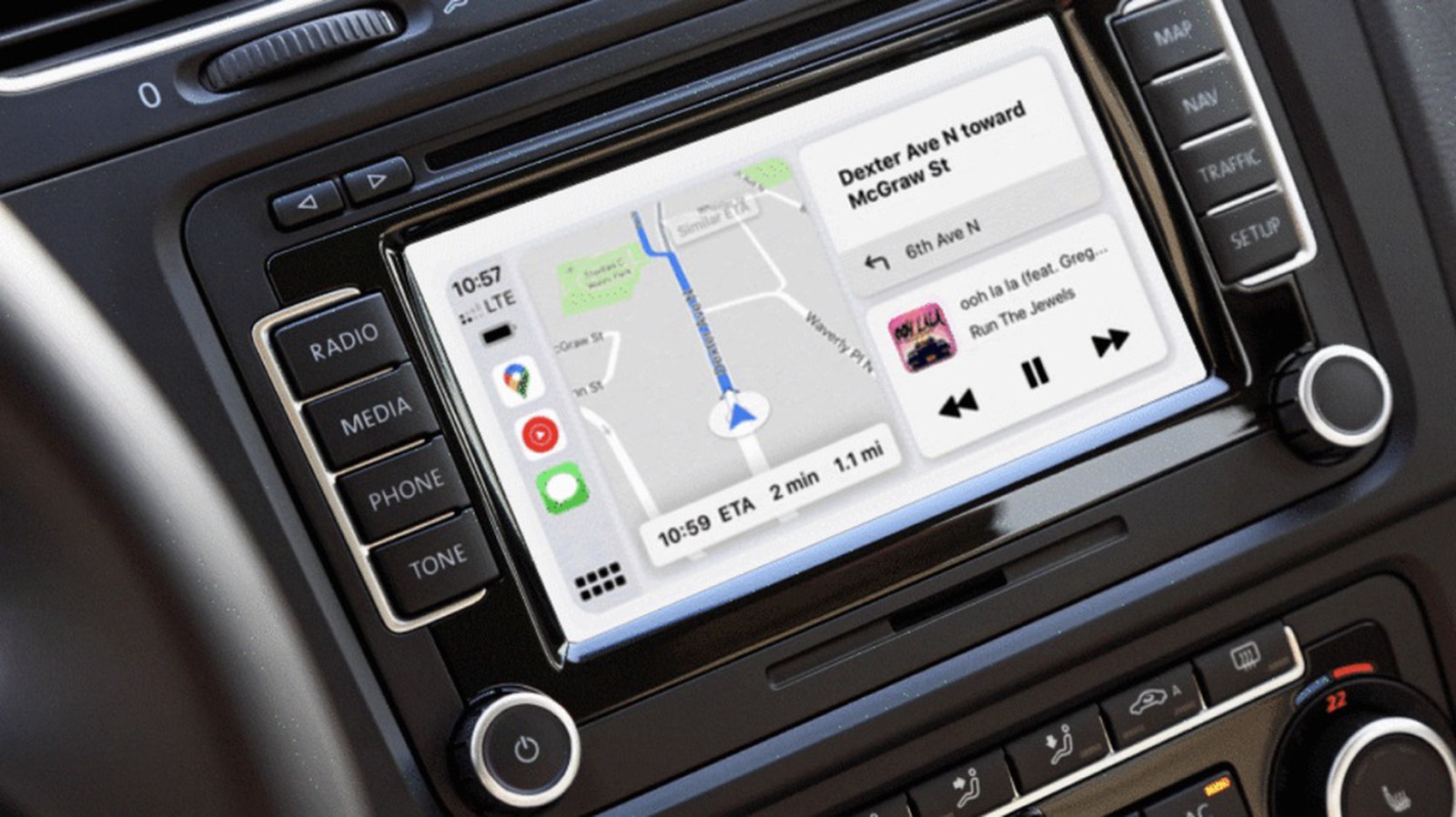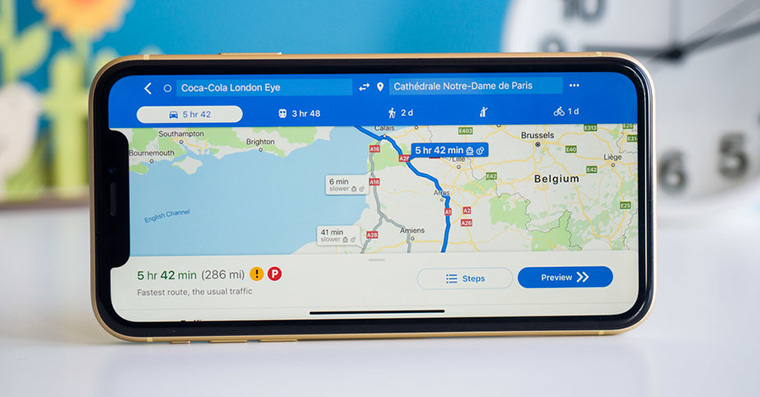Do you watch Netflix? And are you using your own account to track it, or a shared one? If you choose the latter option, you may no longer be able to watch Netflix this way in the near future - unless you share the same household with the account holder. Apparently, Netflix is gradually introducing measures to prevent account sharing. In addition to Netflix, our roundup of the past day's events today will focus on Google, in relation to Google Maps and the lawsuit over Chrome's incognito mode.
It could be interest you

Netflix shines a light on account sharing
Some Netflix subscribers are in the spirit of the password sharing is caring they share their account selflessly with friends, others even try to make extra money by sharing. But the management of Netflix apparently ran out of patience with account sharing - they decided to put a stop to it. More and more posts are starting to appear on various social networks about how users in separate households can no longer use the main owner's netflix account. Some users are reporting that they are unable to get past the login screen, where a message appears stating that they can only continue using the netflix account if they share the same household with the account owner. "If you do not live with the owner of this account, you must have your own account to continue watching," it is written in the notification, which also includes a button to register your own account. If the original owner tries to log in to his account, who is simply in a different place at the time, Netflix sends him a verification code that is supposedly only displayed on TV screens. Netflix commented on this situation by saying that it is more of a security measure to prevent accounts from being used without the knowledge of their owners.
The no. Netflix doing the purge?!? pic.twitter.com/XXlHtfgfsy
— chante most (@DOP3Sweet) March 9, 2021
Google and the lawsuit over anonymous mode
Google faces a new lawsuit related to Chrome's incognito mode. Judge Lucy Koh rejected Google's request to dismiss the class action lawsuit, according to Bloomberg. According to the indictment, Google did not sufficiently warn users that their data is collected even when they browse the Internet in Chrome with the anonymous browsing mode activated. The behavior of users was therefore anonymous only to a certain extent, and Google monitored their activity and behavior on the network even when the anonymous mode was activated. Google tried to argue in this matter that users had agreed to the terms of use of its services and therefore should have known about the data collection. In addition, Google, in its own words, allegedly warned users that incognito does not mean "invisible" and that websites can still track user activity in this mode. Regarding the lawsuit itself, Google said that it is impossible to predict how the entire dispute will turn out, and emphasized that the primary purpose of incognito mode is not to save viewed pages in the browser's history. Among other things, the result of the lawsuit could be that Google will be forced to inform users about the principle of operation of the incognito mode in more detail. Furthermore, Google should make it clear how user data is handled when browsing in this mode. In an interview with the Engadget website, Google spokesman José Castañeda said that Google strongly rejects all accusations, and that every time the tab is opened in anonymous mode, it clearly informs users that some sites may continue to collect data about the user's behavior on the web.
Completing routes in Google Maps
In the Google Maps application, more and more elements are being added that allow users to directly participate in the communication of current information - for example, about the traffic situation or the current state of public transport. In the foreseeable future, Google's navigation application could see another new feature of this type, in which users could share current photos of locations, accompanied by a brief comment. In this case, Google would enable the division of photo authors into owners and visitors. The goal is to enable the Google Maps user base to be more actively involved and contribute their own up-to-date content.
